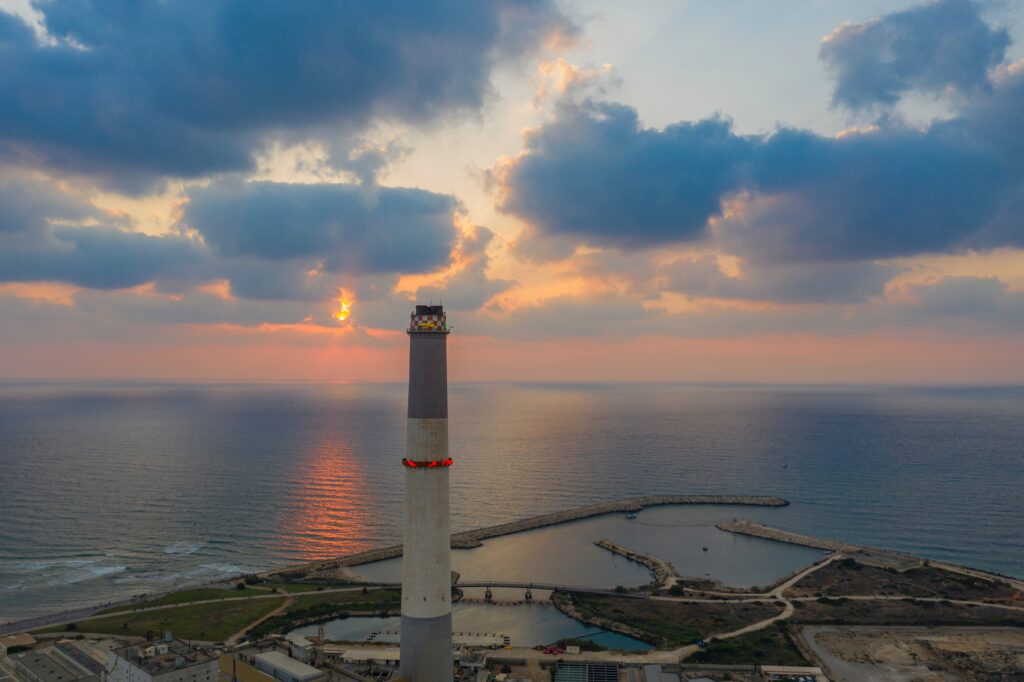Shipex notice for Israel service
Introduction
Container shipping to Israel is currently being impacted by the ongoing conflict between Israel and
Hamas, primarily in the Gaza Strip region. This advisory aims to provide essential information and
guidelines for container shipping to Israel during this challenging period.
Shipping Services to Israel
Despite the ongoing conflict, Israel's major ports, Haifa and Ashdod, are still operational. Shipping
companies will continue to provide services for dry and reefer cargo into Israel, but with heightened
vigilance and flexibility in response to the evolving situation.
This Tuesday, 17th of October however, one vessel was diverted from the port of Ashdod to Haifa as
carriers are reporting congestion due to labor shortages and tighter security. Furthermore, Israeli
carrier ZIM warned of the possibility of short-notice service interruptions and announced an $80 -
$120 war risk premium to containers to and from Israeli ports. This is also confirmed by Akkon,
charging Israeli exports with a €300 risk premium for reefer containers. Lastly, on Friday the 20th of
October, Cosco introduced a $50 surcharge per TEU for all type of containers towards Israel.
Impact on Ports
The war has resulted in the closure of one port located 10 km north of the Gaza Strip, due to the
military operations by the Israel Defense Forces. Ashkelon, Israel's largest oil terminal, has also been
closed temporarily. Chevron has been instructed by Israel's energy ministry to shut down the Tamar
natural gas field off the country's northern coast in response to the recent attacks by Hamas.
However, other major ports, notably Haifa and Ashdod, continue to accept marine traffic, albeit with
increased caution and security measures.
Immediate Effects on Shipping
While the immediate effects on shipping and commodities are expected to be limited, the situation
remains fluid. International shipping companies are urged to exercise extreme caution when transiting
near the conflict region. It's worth noting that diplomatic and other developments in the broader
region may have longer-term consequences that could affect seaborne trade.


